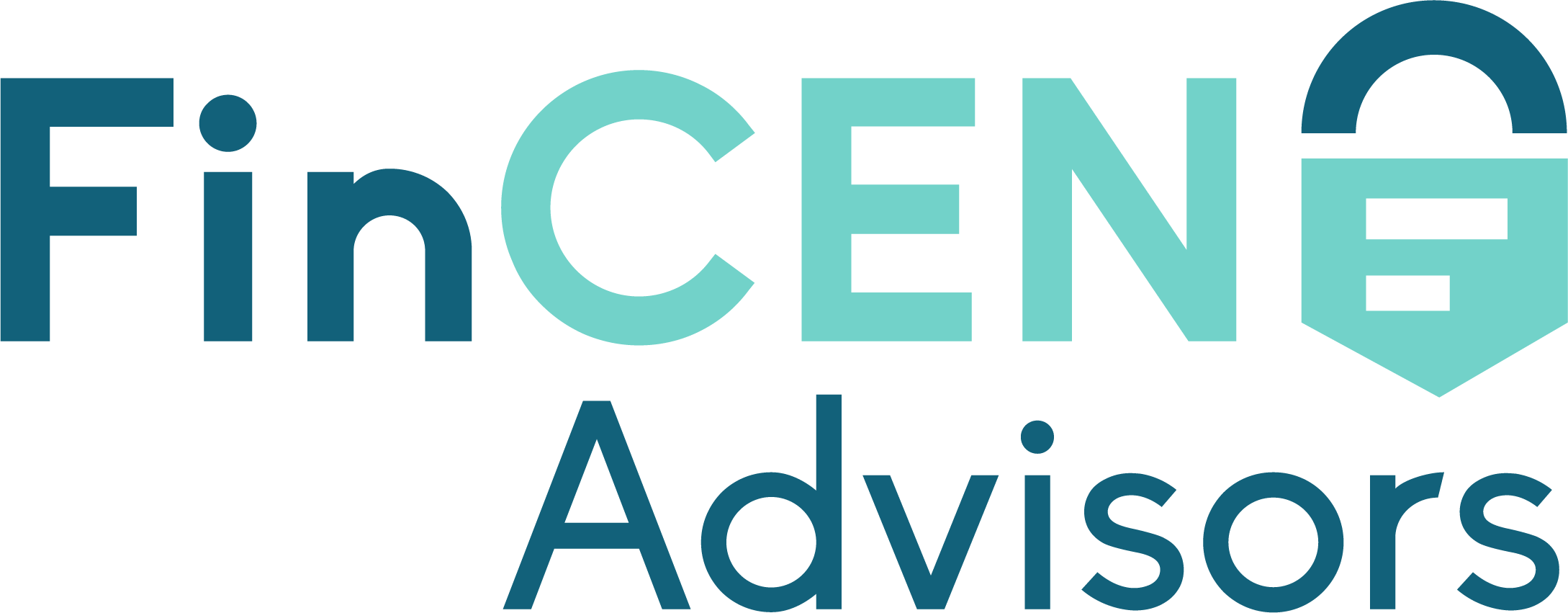In 2024, many businesses will be required to report their beneficial ownership information to FinCEN. Find out all the provisions and terms the Corporate Transparency Act text lays out.
Key takeaways:
The Corporate Transparency Act was passed in 2021 to combat financial crimes and promote transparency.
Reporting companies must report beneficial ownership information to FinCEN beginning in 2024.
The Corporate Transparency Act balances transparency with privacy, ensuring that information of beneficial owners isn’t publicly accessible.
Transparency in corporate governance has emerged as a critical concern, driven by a global push to combat financial crimes. In response to these challenges, the U.S. created the Corporate Transparency Act (CTA) to enhance transparency within corporate entities. This groundbreaking legislation, signed into law in January 2021, marks a significant step forward in efforts to promote accountability and curb financial misconduct.
The CTA was introduced to address loopholes in the existing regulatory framework that allowed for the anonymous ownership of companies, making it easier for bad actors to engage in illicit financial activities. Prior to the CTA, it was relatively straightforward for individuals to hide their identities behind layers of “shell” companies, hindering law enforcement’s ability to trace and prevent financial crimes.
Understanding the details of why the CTA was created and the new regulations it introduces is key for businesses that must report in 2024. This in-depth analysis explores the CTA’s key provisions and potential impacts on corporate practices.
Key provisions and terms in the CTA
The CTA includes new requirements for “reporting companies” to provide ownership details to the Financial Crimes Enforcement Network (FinCEN), part of the U.S. Department of the Treasury. The key provisions and terms in the law include the following:
1. Beneficial ownership reporting requirements
The CTA mandates that companies report certain beneficial ownership information (BOI) to FinCEN. This includes the names, addresses, dates of birth, and unique identification numbers of individuals with significant ownership interests in the company.
2. Reporting companies
The CTA applies to a broad range of entities, including corporations, limited liability companies (LLCs), and other similar structures that register with the secretary of state. Exemptions are provided for certain types of entities, such as nonprofit organizations and financial institutions, which already must comply with certain disclosure requirements.
3. Privacy concerns and safeguards
While the CTA seeks to enhance transparency, it also acknowledges the importance of protecting individuals’ privacy. The information collected by FinCEN will not be publicly accessible but will be made available to authorized government agencies for law enforcement and national security purposes.
4. Reporting timelines
Reporting companies don’t have to provide beneficial ownership details until Jan. 1, 2024, when the FinCEN system opens. Companies in existence before Jan. 1, 2024, have until Jan. 1, 2025, to file their initial report. Those created on or after Jan. 1, 2024, have 90 days from their notice of creation, and those created on or after Jan. 1, 2025, have 30 days from their notice of creation.
5. Penalties for noncompliance
Companies that fail to comply with the reporting requirements and deadlines may face civil and criminal penalties: Up to $500 per day as the violation continues, up to two years of imprisonment, and/or up to $10,000 in fines. Knowingly providing false information or attempting to conceal beneficial ownership details also carries severe consequences.
Understanding beneficial ownership reporting
Beneficial ownership reporting requirements were created to unmask the individuals who ultimately own or control a corporate entity. This disclosure is crucial in the fight against financial crimes, as it closes existing loopholes that have allowed some to exploit the veil of anonymity provided by shell companies.
Anyone who exercises significant control over the company or owns at least 25% of company interests is considered a beneficial owner. Reporting companies must report these individuals’:
Name,
Date of birth,
Residential address,
ID number on a non-expired, driver’s license or passport,
An image of this form of ID
These reporting requirements extend to a wide array of business entities, such as corporations and LLCs, but exempt others that are already subject to robust disclosure requirements, like publicly traded companies. This targeted approach ensures that the reporting burden is appropriately tailored to entities that present a higher risk of being misused for illicit purposes.
Confidentiality and disclosure provisions
While the CTA’s mission is to expand corporate transparency, it also implements important confidentiality and disclosure provisions that aim to protect the privacy of companies and beneficial owners. In this way, the CTA strikes a balance between corporate transparency and individual privacy.
Recognizing the sensitivity of this BOI, the CTA explicitly states that the reported data will not be made publicly accessible. Instead, it will be housed securely within FinCEN.
Authorized access to the BOI is restricted to specific government agencies engaged in law enforcement and national security activities. These access limitations ensure that the disclosed data is used exclusively for purposes directly related to combating financial crimes and protecting national security interests.
This confidentiality framework shields owners’ personal information from unnecessary exposure and empowers law enforcement agencies to trace and investigate illicit financial activities effectively.
Complying with the CTA in 2024 and beyond
Compliance with the CTA and the new FinCEN reporting requirements is a must to avoid financial and legal consequences and to promote transparency and business integrity. Businesses are given a timeline to comply, and the FinCEN website will have the filing form and system available beginning Jan. 1, 2024. Putting the right reporting practices in place now will ensure prompt compliance, avoiding potential penalties.
It can be a major headache to have to sift through legislation and create new policies and procedures. This is especially true for smaller businesses.
When your company needs assistance understanding the CTA and beneficial ownership reporting requirements, contact FinCEN Advisors to get started with an expert.









